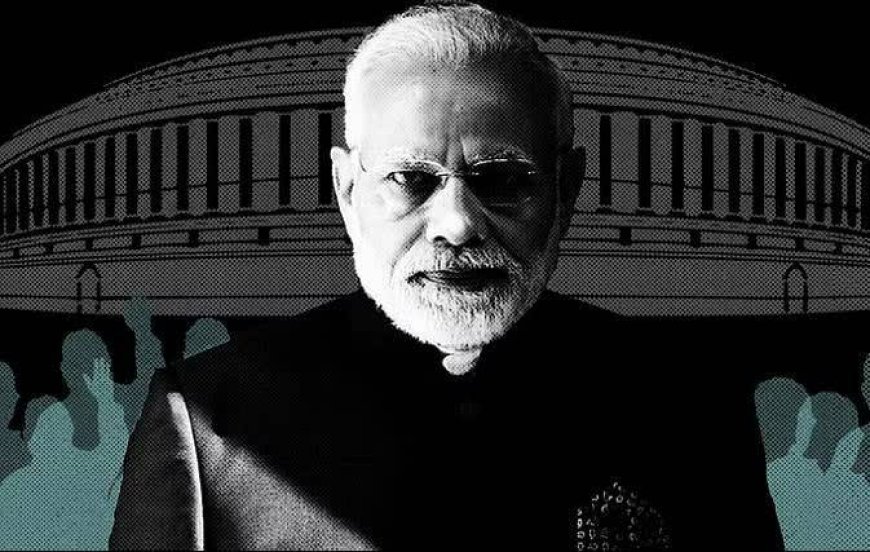Fishing in troubled waters: A Glimpse into India's Foreign Policy
Fishing in troubled waters: A Glimpse into India's Foreign Policy

In today's increasingly complex geopolitical landscape, India has managed to gain Russia's trust by adopting an independent foreign policy over the past few months, assisting the Kremlin to circumvent Western economic sanctions, and even facilitating the export of Russian oil and gas to different countries, particularly Europe, thereby accruing a significant financial gain for the Indian economy. At the same time, India's diplomatic prowess is expected to lead to concessions from the West, aiming to reduce India's silent backing for Moscow.
Given India's strategic location and close proximity to Russia, this clever and complex game will serve as a catalyst for India's economic advancement and provide a valuable instrument in its strategic rivalry with Beijing. During Prime Minister Modi's recent visit to Washington, several military agreements were signed, including the purchase of drones and technology transfer for warplane engines. Additionally, important contracts were concluded in India for investment in the cutting-edge metal and semiconductor industries.
Western leaders frequently highlight India's political proximity to the Western bloc. However, India's diplomatic acumen was evident during the joint press conference held between Prime Minister Modi and President Biden. During the conference, Modi expounded on the advent of a new international order and deliberated on the prospects of a multipolar world. Modi emphasised the significance of the involvement of various nations, including China, India, and Russia, in shaping global affairs. It is evident that the notion of modifying the global order has transcended its status as a mere abstract notion.
Various nations across the world are now drawing upon this idea to navigate their forthcoming trajectories and determine their ultimate course.
In the 20th century, the United States employed a multifaceted strategy that aimed to separate Communist China from the Soviet Union as much as possible. The strategy, which caused a great schism between Moscow and Beijing, was advocated primarily by Kissinger. Many analysts attribute the fall of the Soviet Empire to the loosening of Moscow's relations with China.
However, it is essential to note that this strategy has unwittingly led to China's ascent as a dominant force on the international stage. In the two decades that followed, China's burgeoning power ultimately eclipsed that of the United States, prompting Western policymakers to reflect on their earlier strategic fiascos. As we observe the current global landscape, it is imperative for India to remain cognizant of the ongoing rivalry between the Western and Eastern powers.
As New Delhi charts its future path, it will likely need to pick a side or at least use its best cards on both the East and West fronts. Although India may not adopt an anti-China strategy, or, in other words, not assume the American-devised role that Beijing once used within Kissinger's strategy against the USSR, it must exercise strategic foresight and employ all available tools to further its own interests. The coming years will be critical for Indian leaders as they navigate through these troubled waters.
Finally, India's emergence as a prominent player in the global arena is in line with the United States' attempts to counterbalance China's expanding clout, a move that Beijing is closely monitoring. The role of Iran in this 'Great Game' is also worth considering, as Tehran has the potential to gain relative advantages.













































